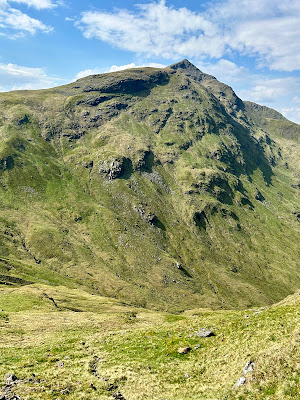After the cost of living and NHS waiting times, the most frequently heard issues from the public during the election campaign were, or are, the responsibility of local government. There are many of them - the lack of housing, shortage of community care, potholes, poor and diminishing public transport, fewer support staff for special needs children, run-down schools, the cost and shortage of nurseries, closing sports facilities and libraries, declining town centres, slow responses to planning, building and other applications, failing water and sewage services with pollution to rivers and beaches, reductions in community policing, and a woeful lack of activities for young people.
According to the National Audit Office, the services with the greatest reduction in spending up to 2020 were cultural (-37%), planning and development (-36%), non-school education (-32%), housing (-26%), and roads and transport (-24%). A third of all libraries closed, and 14% of bus route mileage was closed. This is a staggering decline in public service provision, exacerbated by the growing number of elderly requiring social care and the escalating costs of many outsourced services.
Who determines what councils can spend? Well, central government, whether it is Westminster or Holyrood. They have both been merciless in stripping out grant support for councils and/or freezing council tax over the past 14 years. That is how austerity works; it means that the opprobrium for reduced public services can be devolved onto councils. The increased financial support for the NHS and the government's obsession with mega projects, such as HS2, Nuclear Power, Brexit, and COVID, have been at the expense of the provision of everyday public services for communities. Levelling up has been less than 10% of the funds withdrawn from councils. The evidence is that these funds, when allocated, are more likely to go to the constituencies of government MPs so that they can claim the kudos rather than to the most needy towns and communities.
Staffing levels in local government have been severely reduced, knowledge has been lost, innovation and renewal have been stultified, and talented staff have been replaced by consultants and outsourcing companies. It is a bleak scenario that the UK and Scottish governments have imposed on local government. Cynically, it allows them to distance themselves from culpability. The press and media are no longer interested in local issues; newspapers have been closed or regionalised under some franchise arrangements. The soap operas of Westminster and Holyrood have kept them busy with all the corruption and faux cage-fighting that exists in these bastions of our dumbed-down democracies.
Even the dozens of podcasts that invade our lives fail to focus on this narrative of despair about local democracy. They do not seem to understand that most of the life-changing innovations for people and places were designed and built by our municipalities in times when they were free from the tentacles of control and inspection, budgetary control and centralised edicts that emanate from central governments. Central governments that have never been effective in managing or delivering services, look at the defence procurement or the cost of inquiries, not to mention the cost of building or maintaining parliaments.
Yet history tells us that most essential services were innovated and introduced by local government, not central government. Most public health measures, including the provision of water and sewage, schools, hospitals, poor houses, gas works, electricity power stations, social housing, public transport, libraries, residential homes, home care, and leisure facilities, all emerged from local municipal, church or philanthropic endeavours. They were refined and shared between municipalities, ensuring a rapid spread and refinement of best practices.
Why would any progressive central government want to remove the ability of local government to drive improvement and innovation other than to fulfil their own sense of entitlement to power? Unlike most European countries, the UK local government is not enshrined in a written constitution; it is subject to control by the central government. It is time for this to change, and along with other top priorities, this should be a commitment for the next government. Change is required to restore local democracy; change is not just a slogan.















